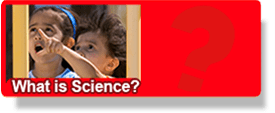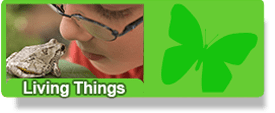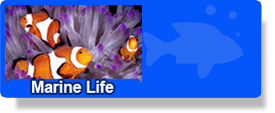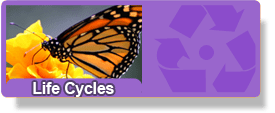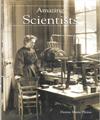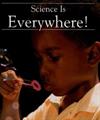What is Science?
The “What Is Science?” unit introduces children to three key themes that will be used throughout the other SLP units:
- Science is the study of the natural world.
- Everyone can do science.
- Scientists learn about the world through planned and carefully conducted processes of inquiry.
In this unit, teachers introduce children to scientific inquiry through simple experiments with dissolving (for example, examining what happens to a variety of objects such lemonade mix, salt, beans, and a metal paper clip, in water). The teachers scaffold discussions about what it means to do science. This unit includes three inquiry activities and two books:
"What is Science?" Books
Amazing Scientists
Author: Donna Marie Pitino
Publisher: Abrams Learning Trends
Contact: 1-800-227-9120
Web: www.abramslearningtrends.com
ISBN: 9780766420779“Amazing Scientists” combines social studies with science and introduces children to three scientists: Gallileo, Marie Curie, and George Washington Carver. Key themes in the book include:
- Scientists raise questions about the world.
- Both men and women can do science.
- There are historical connections between past and current work in science.
- Scientists’ work affects our lives in important ways.
- Scientists face obstacles and find ways to overcome them.
Science Is Everywhere!
Author: Nancy Yu
Publisher: Abrams Learning Trends
Contact: 1-800-227-9120
Web: www.abramslearningtrends.com
ISBN: 9780766416093
“Science Is Everywhere!” helps children understand that science is part of their daily lives and experiences. This is accomplished through examples of familiar experiences for children (i.e., dissolving sugar to make lemonade in the kitchen, watching metal parts of a watering can rust in the backyard, and evaporation of rainwater from the sidewalk).

